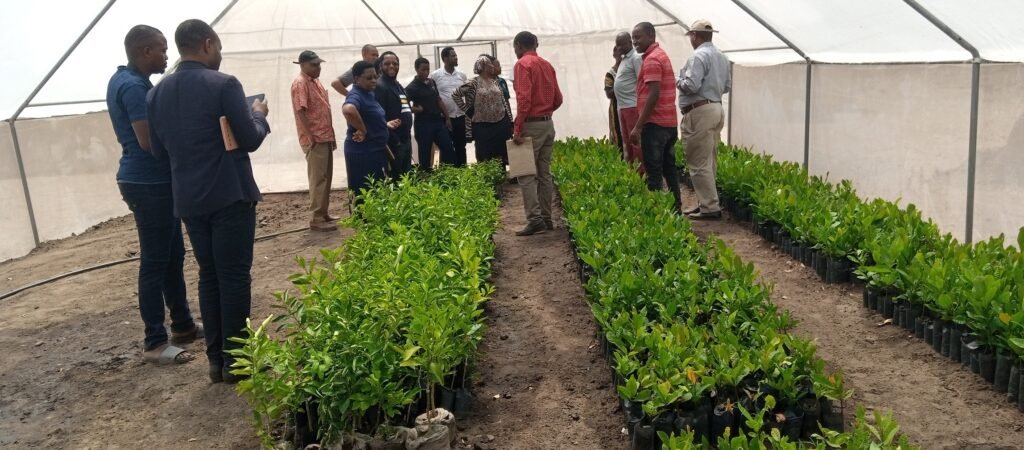The crop covers 45 percent of total arable land and generates close to 50 percent of rural cash income. Small-scale farmers account for 85 percent of the total maize production, with medium and large-scale farmers contributing 10 percent and 50 percent respectively. Betwelo Mpangala is one of the maize farmers in Songea Rural District, Ruvuma Region, more than 900km from Tanzania’s commercial capital Dar es Salaam.
He has been growing the crop for years and the harvest was good since he started using improved seeds. But this year, he says, he harvested less than expected after planting fake maize seeds. “I used to harvest 25 100kg bags per acre, but this year I harvested less than seven bags per acre on a farm where I thought I followed all good agronomic practices,” says Mpangala who owns a 42-acre farm in the area. There are more than 50 maize seed varieties officially approved for commercialisation in the country — the most of any crop.
But there are several challenges that limit certified seed use, including high retail price, inadequate and proliferation of cheaper counterfeits. The Tanzanian government established Agriculture Seed Agency (ASA) to expand seed production and distribution, facilitate seed accessibility by farmers, promote private sector participation in the seed industry development, and strengthen the capacity for research and development of improved varieties.

